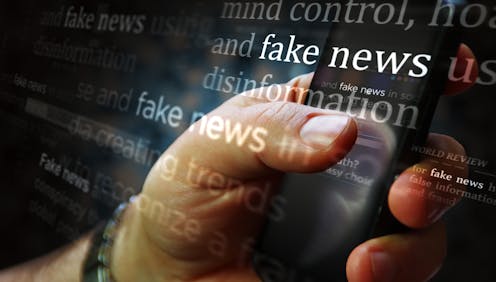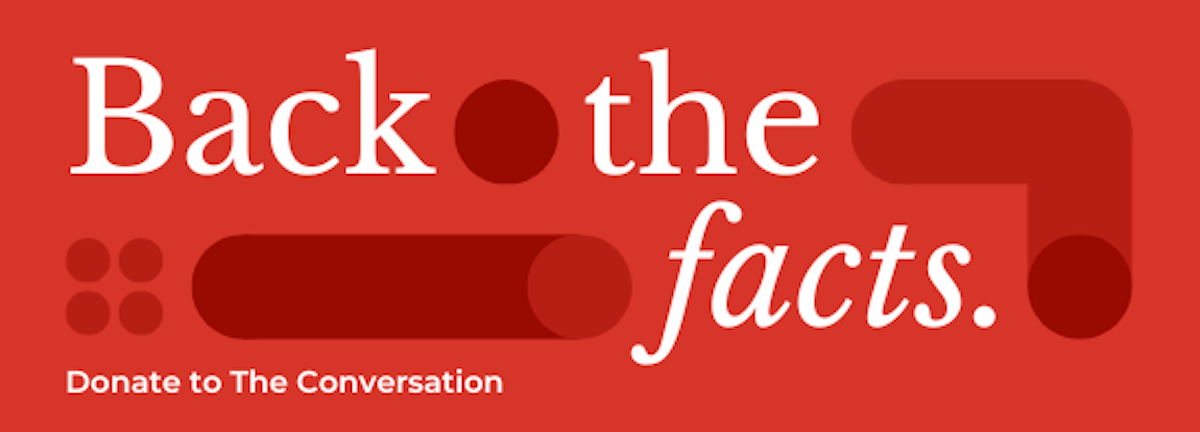
Disinformation is the common denominator to many of the problems facing our democratic society. Disinformation is the wicked sister of misinformation: the latter happens when someone spreads false information, perhaps unwittingly; the former is a deliberate attempt to deceive by propagating misleading or fabricated facts. We’ve all encountered both in our daily lives, especially over the last three years.
Facts matter. Science matters. Expertise matters.
The mission of The Conversation is simple: Share knowledge in order to help people make informed decisions. Our team of editors work with hundreds of academics from universities across Canada to tap into their research and expertise to produce our unique form of journalism. We’re proud of what we do. But we’d like to do more of it.
For the very first time, The Conversation Canada is asking its readers if they can help us expand our mission. Our content will always be free. It will never be hidden behind a paywall. But like other non-profit media organizations, we are asking readers if they can make a financial contribution to help us expand on our mission.
I’m going to be honest: asking for money isn’t something that comes naturally to me. And full disclosure: we cannot issue tax receipts for any donations at this time. That’s because we have so far been denied charitable status by the Canada Revenue Agency. The CRA has also ruled that we are not a Qualified Canadian Journalism Organization, a designation that could allow us to issue tax receipts. (We are appealing both of these CRA decisions.)
Any donations received will go directly to building our editorial capacity. We want to hire more editors to work with more academics to produce more stories. As traditional media in Canada shrinks, we want to grow. We hope you can help.
Do you have any questions about why we’re doing our first donation campaign? Feel free to drop me an email.
If you are able to, we would greatly appreciate if you would make a contribution by clicking here or on the banner below.
This article was originally published on The Conversation. Read the original article.








